People
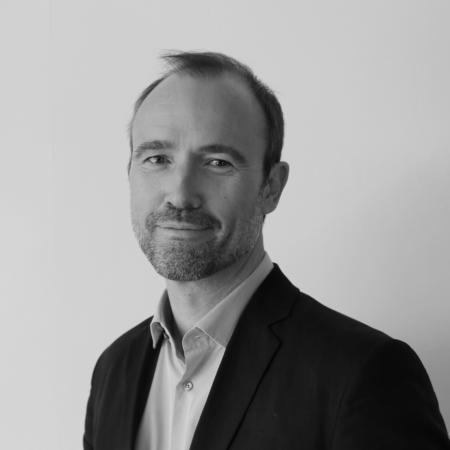
Tom Avermaete
Professor
tom.avermaete@gta.arch.ethz.ch
After his architecture studies in Belgium and Denmark, Tom Avermaete (b.1971, Antwerp) obtained an MSc degree and a PhD in the history and theory of architecture at the University of Leuven, Belgium. Avermaete was lecturer in the history of architecture at the University of Copenhagen (1997), leader of the Centre for Flemish Architectural Archives at the Flemish Architecture Institute (2003), as well as associate professor (2006) and full professor of architecture (2012) at Delft University of Technology, The Netherlands.
Tom Avermaete has held several visiting professorships, amongst others at the Politecnico di Milano, Academy of Fine Arts Vienna, Tokyo Institute of Technology and the University of Copenhagen. He is on the editorial board of the “OASE Journal for Architecture”, and previously of the “Journal of Architectural Education” (JAE, until 2015) and of the “Architecture in the Netherlands Yearbook” (2012-2016).
Avermaete is a member of the advisory board of the “Architectural Theory Review” and “Docomomo Journal”, and a co-editor of the series “Bloomsbury Studies in Modern Architecture” (with Janina Gosseye, Bloomsbury Academic). He is a member of the scientific board of the Jaap Bakema Centre (HNI, Rotterdam), the programme committee of the Berlage Centre for Advanced Studies in Architecture and Urban Design, and of the Global Architectural History Teaching Collaborative (GAHTC).
Courses
A Global History of Urban Design I
A Global History of Urban Design II
Research
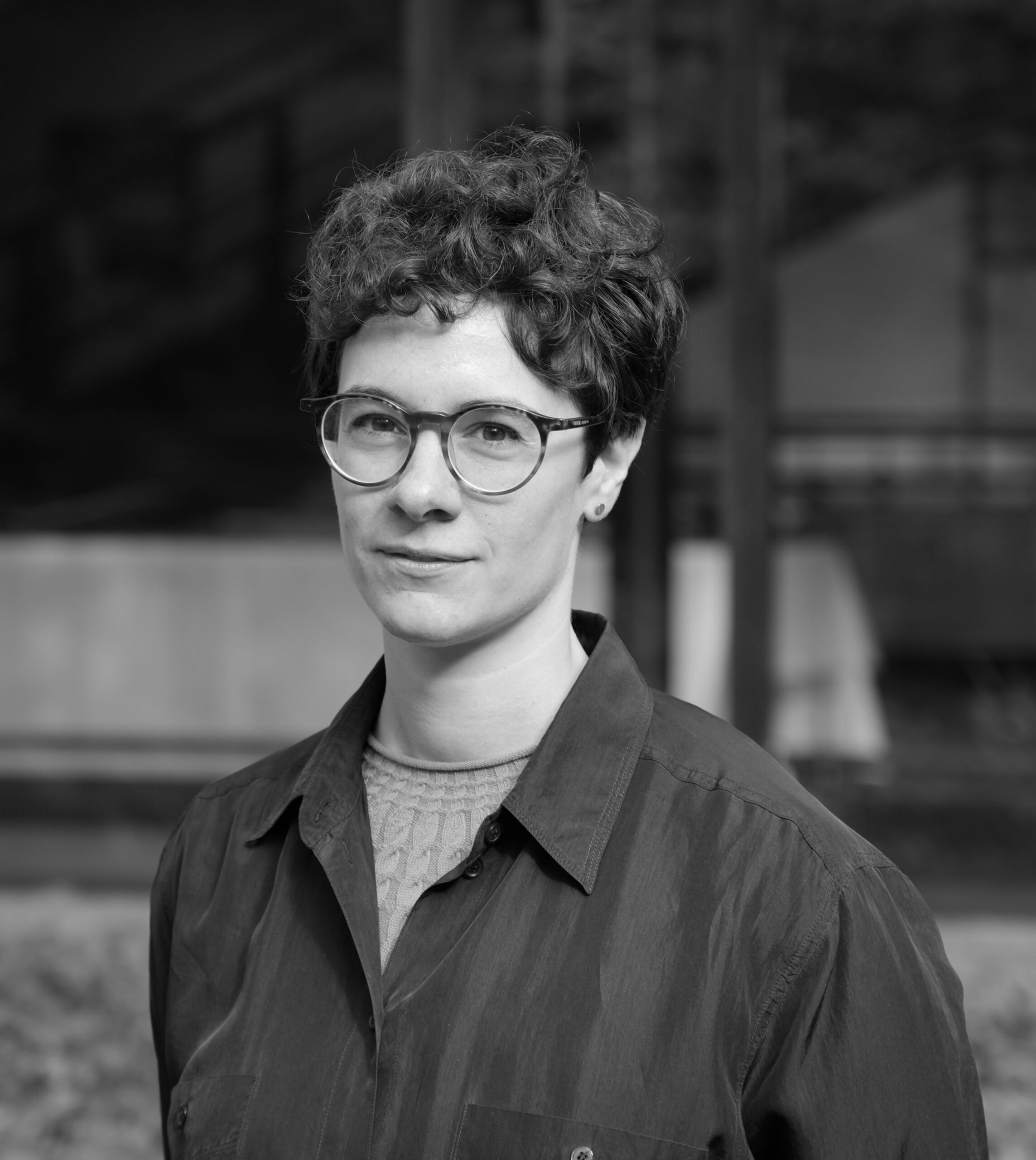
Elettra Carnelli
Elettra Carnelli is a doctoral candidate at the Institute for the History and Theory of Architecture (gta) at ETH Zurich and a researcher at the Institute Urban Landscape at the ZHAW (University of Applied Sciences of Zurich) since 2022. Her research tackles the organizational and political dimensions of architectural practice, with a focus on Italian postwar architecture.
Elettra gratuated in architecture from the Accademia di Architettura in Mendrisio, Switzerland, in 2016, where she was a teaching assistant in 2016. From 2018 to 2022, she worked as a research associate at the Professorship of Urban Design at TU Munich, contributing to research projects and coordinating seminars and design studios with a focus on the everyday city and its conditions.
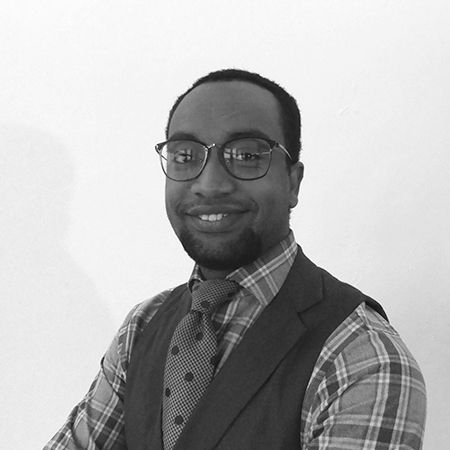
Lahbib El Moumni
Doctoral candidate
elmoumni@gta.arch.ethz.ch
Lahbib El Moumni graduated in 2014 from the school of architecture in Casablanca (EAC), he then worked at OMA-Rem Koolhaas before getting back to his hometown to open his practice and teach at EAC. His interest in Modern Moroccan architecture started when he co-founded MAMMA (Mémoire des Architectes Moderns Marocains) in 2016, an association that highlights the modern heritage of Morocco between 1950 and 1980. He joined the Institute for History and Theory of Architecture at ETH Zurich in 2022 to start his research project on the postcolonial urban design of Africa between 1956 and 1975.
Publications:
El Moumni, Lahbib and Dahmani, Imad. Modern Casablanca Map, Postcolonial Architecture 1947-1980. MAMMA, 2019.
Research contributions:
Cecilia, Martinelli, Eliana, Mossa, Emilo, Heritage of Modern Architecture in Morocco. Quaderni 1 MINING CITIES. Fumagalli, 2020, pp. 41-46
El Moumni, Lahbib. “Brazil & Morocco – Déjà vu”, Dia a Dia magazine at 12a Bienal Internacional de Arquitetura de São Paulo, vol. 6, 2019.
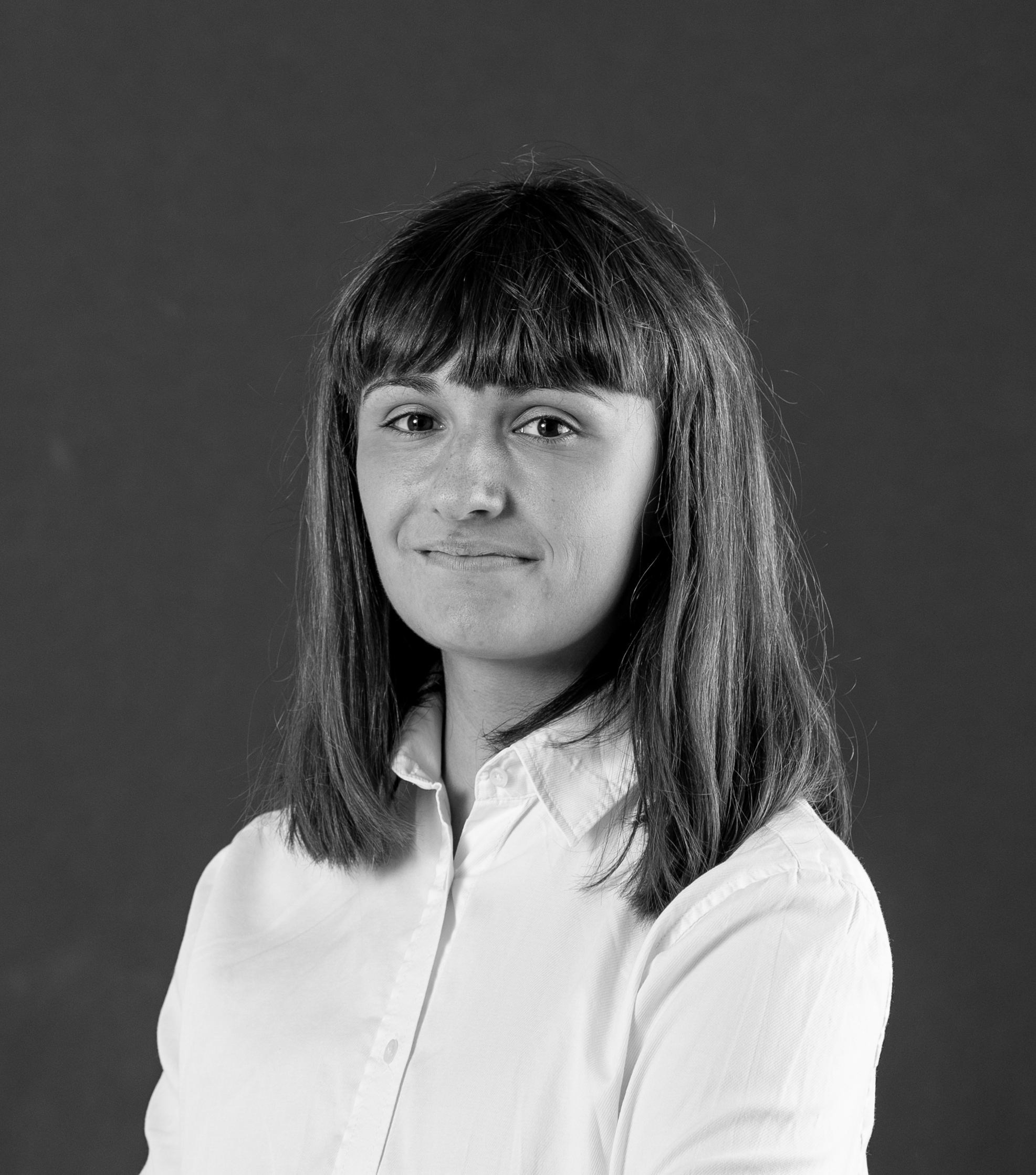
Angela Gigliotti
Academic guest
gigliotti@arch.ethz.ch
Angela Gigliotti (1986) graduated in Building Architecture at the Polytechnic University of Milan (B.Sc., M.Sc.), and, within a double degree program (Alta Scuola Politecnica; 2011), at the Polytechnic University of Turin (M.Sc.). She studied learning processes’ anthropology, pedagogy and psychology at the Catholic University of the Sacred Heart, Milan, Italy (Pg.Cer.). Her Ph.D. thesis in Architecture (Aarhus School of Architecture; 2016-19), “The Labourification of Work: the contemporary modes of architectural production under the Danish Welfare State”, reconstructs the evolution of Danish architectural professionalism, exploring over several centuries the concepts of “labour” and “work” as approached in political theory.
She has served as educator/researcher at Polytechnic University of Milan (2010-13); NMBU University in Ås (Fall 2014; 2015); DIS Copenhagen (s. 2016); Architectural Association – School of Architecture in London (Spring 2018); MIUR – Italian Ministry of Education (Fall 2020; Spring 2021). She is author of chapters, articles and papers presented in various contexts. Recently, she co-edited the book “Utzonia: From/To Denmark with Love” (Trento: LIStLab Publisher 2020). She co-founded the research-based architectural practice OFFICE U67 ApS based in Aarhus, Denmark (s. 2013).
Currently, she is the HM Queen Margrethe II’s Distinguished Postdoctoral Fellow awarded by Carlsberg Foundation (2021-23) at Det Danske Institut in Rome, Italy. Her PostDoc project “Unheard workers: behind a foreign diplomatic architecture of the 1960s in Rome” is affiliated with the ETH Zürich / gta – Chair of the History and Theory of Urban Design Professor Dr. Tom Avermaete and at the Arkitektskolen Aarhus, Denmark.
Research
Selected Publications
Gigliotti, Angela, Fabio Gigone and Ludovico Centis. 2024. “A Dive in the Nordic Green: Foresturbia: a manual for a landscaped city” in Kousidi Stamatina (ed.) FOREST—ARCHITECTURE. In Search of the (Post)Modern Wilderness. 180-199. Milano: Mimesis Edizioni. DOI:10.7413/1234-1234027
Gigliotti, Angela. 2023.”Ceci N’est Pas Béton Armé: Unveiling the Backbone Behind the Bricks at Det Danske Institut in Rome” In Milocco Borlini, Mickeal, Andrea Califano, Anna Riciputo (eds.) Urban Corporis – To the bones. 94-103. Conegliano: Anteferma.
Gigliotti, Angela and Fabio Gigone. 2023. ‘The Commodification of the Danish Architectural Practice.’ In Building Diversity (eds.) who is the architect?. 98-107. Copenhagen: Danish Architectural Press.
Gigliotti, Angela. 2022. ‘Being Friis and Moltke: the construction of a golden narrative.’ In Hans Ibelings and Boris Brorman Jensen. Provocations against perfectionism: The Architecture of Friis and Moltke: 1950-1980, pp. 211-220. Amsterdam/Montreal: The Architecture Observer.
Gigliotti, Angela and Fabio Gigone. 2021. ‘A return ticket to academia.’ In Drawings, edited by Alberto Calderoni, Carlo Gandolfi and Jacopo Leveratto. STOÀ: Strumenti per l’insegnamento della progettazione architettonica, Year I, Volume 2, pp. 76-91. Napoli: Thymos Books
Gigliotti, Angela. 2021. ‘The end of montagecirkulære: how the American dream “saved” Danish architectural profession.’ In The Global City: the urban condition as a pervasive phenomenon, edited by Marco Petrelli, Rosa Tamborino and Ines Tolic, Insights, Volume D, pp. 193-204. Torino: AISU International, Politecnico di Torino, DIST (Dipartimento Interateneo di Scienze, Progetto e Politiche del Territorio).
Gigliotti, Angela and Troels Rugbjerg. 2020. ‘Utzonia: To/From Denmark with Love’ Trento: ListLab.
Gigliotti, Angela. 2020. ‘The Labourification of Work: The Contemporary Modes of Architectural Production under the Danish Welfare State.’ PhD Dissertation. Arkitektskolen Aarhus.
Gigliotti, Angela. 2020. The rise and the shortage of Danish-trained architects under Neo-Liberal Welfare State, AMPS Proceedings Journal Series, Volume 17, Issue 2, pp. 216-225.
Gigliotti, Angela. 2020. “Grounded Theory as method; Exhibition Design as mean” in Claus Peder Pedersen. CA2RE Aarhus, pp. 146-157. Aarhus: Arkitektskolens Forlag.
Gigliotti, Angela. 2020. Sweden as a knowledge exporter: the urgency of architectural efficiency under the Cold War in Christina Pech and Mikael Andersson. ArkDes Atlas, pp. 134-147. Stockholm: Arkdes Publisher.
Gigliotti, Angela. 2019. “Something is rotten in the State of Denmark” in Normal edited by Nicholas Korody and Joanna Kloppenburg, ED, Volume 3, pp. 57-61. Pasadena: Archinect.
Gigliotti, Angela. 2018. “Behind the scenes of the contemporary modes of architectural production” In Charlotte Bundgaard and Claus Peder Pedersen FORSK!, pp.30-31. Aarhus: Arkitektskolens Forlag.
Gigliotti, Angela. 2018. ‘The architectural practices and the Danish Welfare State: a changing open relationship’ in Walter Unterrainer ‘Emerging Architectures / The Changing Shape of Architectural Practices’, pp. 74-81. Aarhus: Arkitektskolens Forlag.
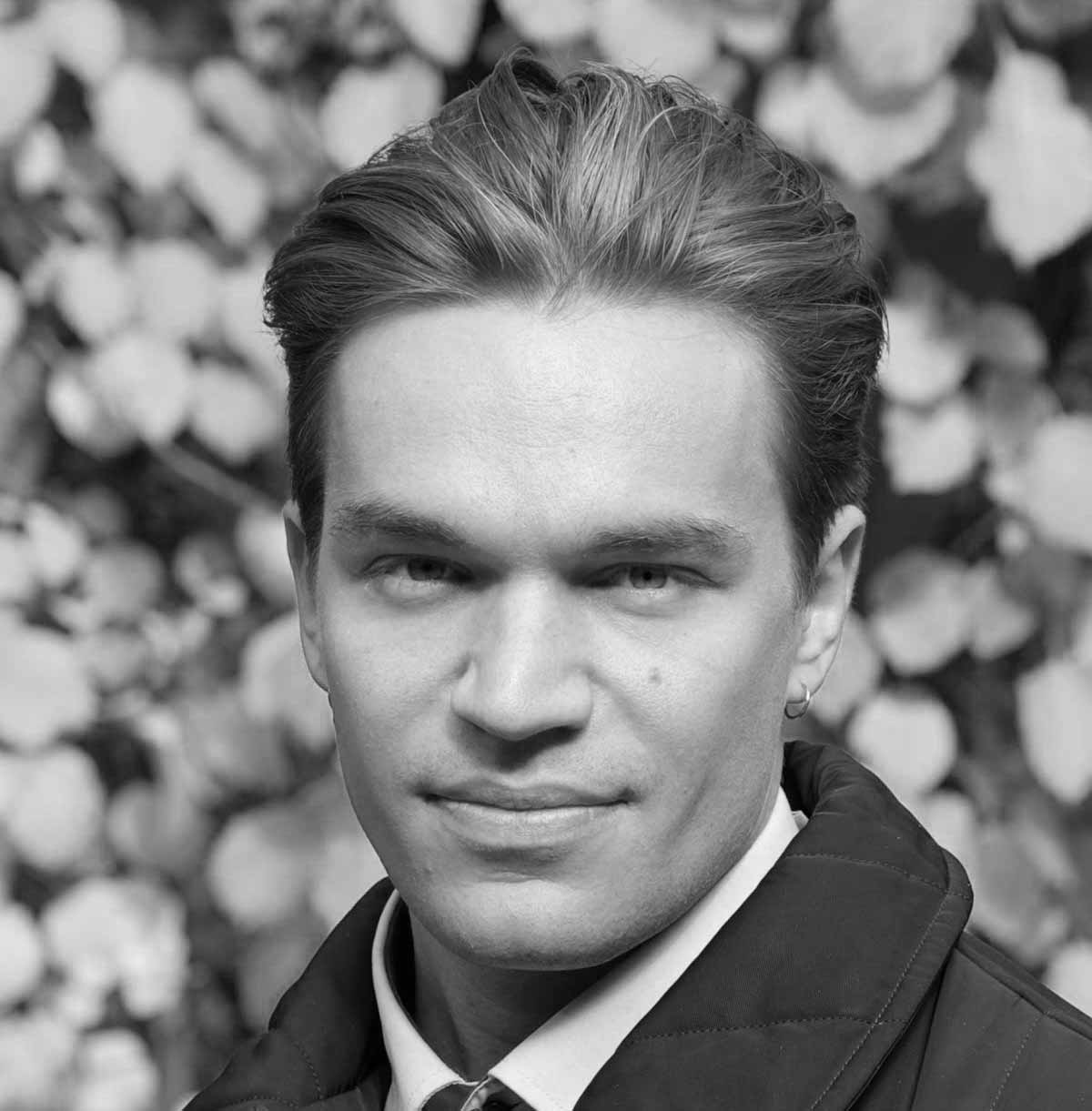
Robin Hueppe
Doctoral Candidate
Robin V Hueppe is a Doctoral Fellow at the Institute of Landscape and Urban Studies (LUS), bringing a background in design, education, and writing to his research on the mass housing landscapes of Berlin. Before joining ETH, he was an adjunct professor at the University of Houston and holds degrees in architecture, urban design, and city planning from Rice University and TU Berlin. He has published in journals such as Pidgin, OASE, PLAT, trans, Room One Thousand, CoSMo, City, Culture & Society, and Paprika! His academic pursuits have been enriched by fellowships from Fulbright at UC Berkeley and the German Academic Exchange Service (DAAD) at the Universidade Federal do Rio de Janeiro. Further grants and fellowships supported studies at the Universidade de Lisboa, Tongji University, and the CCA in Montreal.
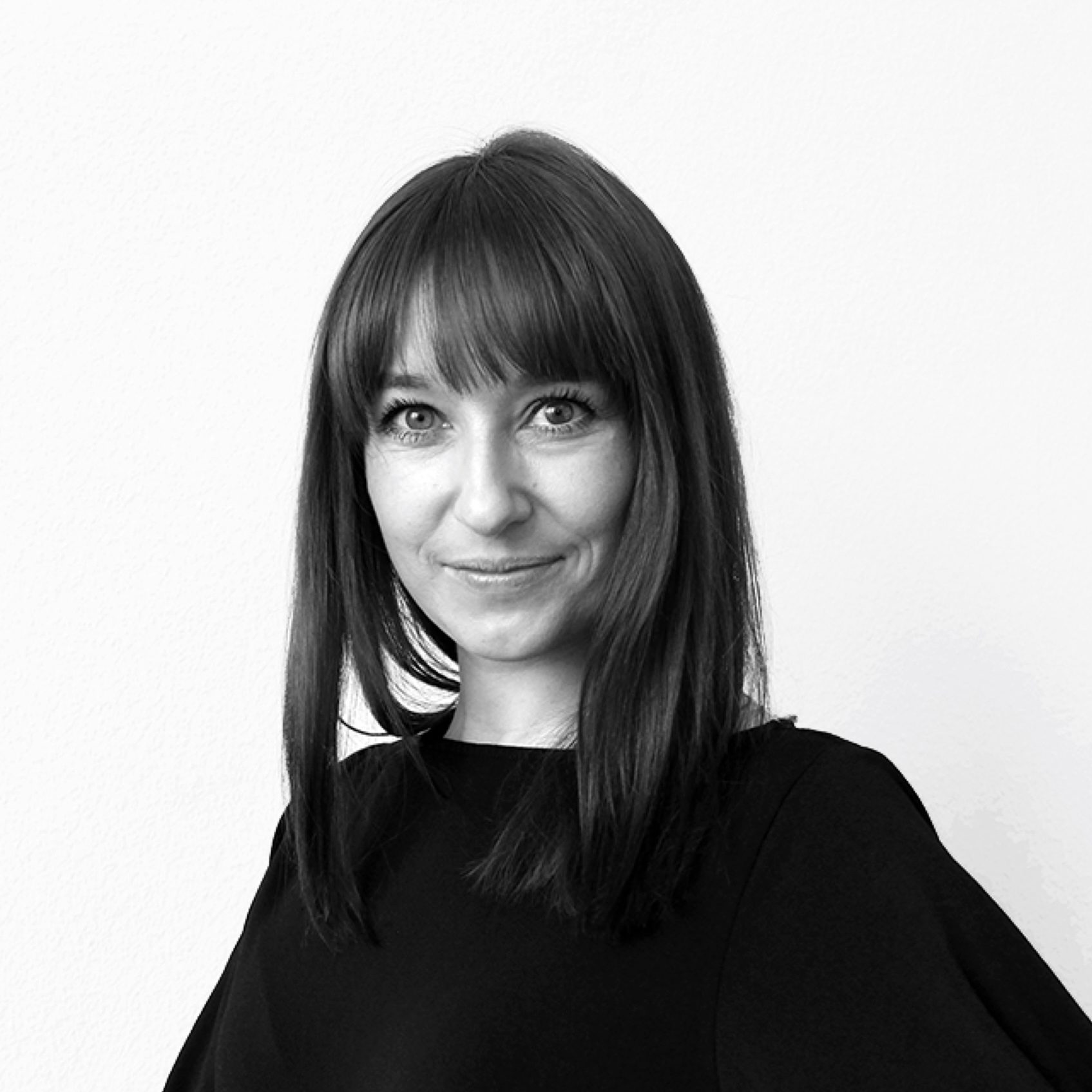
Sanna Kattenbeck
Doctoral candidate
sanna.kattenbeck@gta.arch.ethz.ch
Sanna Kattenbeck pursued her architectural studies at the Brandenburg University of Technology and as a Jasso scholarship recipient in the Prof. Momoyo Kaijima Studio (atelier bow-wow) at the Institute of Art and Design, University of Tsukuba in Japan. Following her MSc degree, she gained professional experience by working in architectural offices in Lucerne and Zurich. In the autumn of 2021, she graduated with a second master’s degree (Master of Advanced Studies, MAS) from the Institute for the History and Theory of Architecture (gta) at ETH Zurich. In the framework of the MAS ETH gta program, she contributed to the exhibition project “Cooperative Conditions. A Primer on Architecture, Finance and Regulation in Zurich” for the Venice Architecture Biennale 2021 and was actively engaged in teaching activities for the MAS program as a research assistant. The book on the research project was recently published by gta Verlag.
Starting in October 2021, Sanna commenced her doctorate at the Institute for the History and Theory of Architecture (gta) at ETH Zurich, under the supervision of Prof. Dr. Tom Avermeate as part of the Swiss National Science Foundation (SNF)-funded project “Codes and Conventions for Future Zurich”. Her doctoral thesis titled “City of Codes. A Historical Analysis of Urban Codes and Urban Form in the Production of the City of Zurich, 1831–1946” examines the intricate relations between urban codes and urban form that have shaped the urban development of Zurich from the mid-nineteenth to the mid-twentieth centuries. Apart from her participation in specialized conferences, symposia, and the publication of academic articles, Sanna has contributed to teaching at ETH since the autumn semester of 2021. She recently applied her research expertise to a seminar titled “Uncovering the ‘Hidden Project’ of Zurich”.
Teaching
HS23. “Uncovering the ‘Hidden Project’ of Zurich”.
Publications
Kattenbeck, Sanna. “Urban Codes as Vehicle for Urban (Re)-Structuring.” Conference Proceedings. Symposium of Urban Design History and Theory. TU Delft/ETH Zürich. 2023.
Kattenbeck, Sanna. “City of Codes.” NSL-Newsletter, no. 60, Resilient Urban Systems (2023).
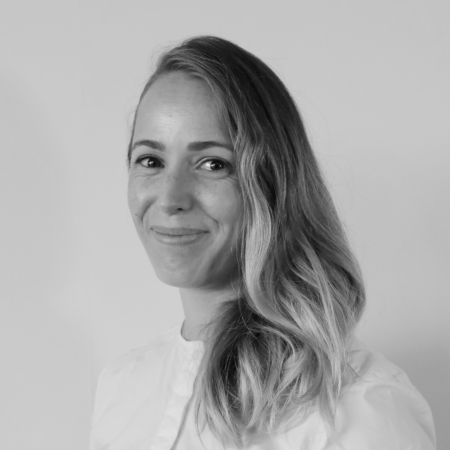
Nicole de Lalouvière
Nicole de Lalouvière is a lecturer and postdoctoral researcher at the Chair of the History and Theory of Urban Design at ETH Zurich, led by Prof. Tom Avermaete. Her current research focuses on how landscapes are sustained through collective care, exploring the governance of shared resources, the transmission of ecological knowledge, and the role of design in supporting resilient commons.
After obtaining a liberal arts undergraduate degree in art history from Colgate University and a Master of Architecture from the University of British Columbia. Completed under the supervision of Professors Tom Avermaete and Svava Riesto, her doctoral dissertation, ‘Irrigation Systems of Canton Valais: A Resilient Landscape Common?,’ stands at the intersection of landscape theory, environmental sciences, and commons theory. Her work contributes to a growing body of research that rethinks sustainability through the lens of care, stewardship, and commoning. She is particularly interested in how long-standing practices of landscape maintenance—often overlooked in contemporary design discourse—can inform more equitable, ecologically grounded, and regenerative approaches to landscape architecture. Her current projects extend this research to new geographies and explore the role of design in supporting the emergence and endurance of commons in times of environmental and social transformation.
At ETH Zurich, Nicole has taught research studios on Zurich’s urban commons—including land, green, and water commons—as well as a design studio on the ‘undercommons’ in collaboration with Prof. An Fonteyn. She has also led a seminar course entitled ‘The Commons Underground,’ which explored subterranean common spaces, and co-organized ‘Transects through Alpine Water Landscapes,’ a summer school focused on the changing landscapes of the Aletsch area.
Nicole is a registered landscape architect in Switzerland (BSLA/FSAP) and regularly takes part in design competitions. She has practiced as an architect and landscape architect in Beijing, Vancouver, and most recently in Zurich, where she worked at Vogt Landscape Architects and Baumschlager Eberle Architekten. She has led the design of numerous design competitions, many of them for public spaces, parks, squares, and new urban quarters.
Nicole serves on the International Scientific Committee on Economics of Conservation (ISCEC) within ICOMOS. Previously, she served as regional liaison for the Epidemic Urbanism Initiative (EUI), and as member of the advisory board of DELUS Journal.
Courses
Milan’s Public Baths: How water shaped the modern city: Spring 2025, ‘Focus work’
Fundamentals of the History and Theory of Architecture: Fall 2024, bachelor course
Zürich ‘Land Commons’: Fall 2022, research studio
Zürich ‘Undercommons’: Spring 2022, masters thesis studio course, collaboration with Prof. An Fonteyn
Fundamentals of the History and Theory of Architecture: Fall 2021-Spring 2022, bachelor course
Zürich ‘Water Commons’: Fall 2020, research studio
Transects through Alpine Water Landscapes: Summer 2020; masters-level interdisciplinary summer school
Zürich ‘Green Commons’: Spring 2020, research studio
The Commons Underground: Fall 2020, seminar course
Publications
Lalouvière, Nicole de. “Care, Cooperation, and Commoning: Revisiting The System Nobody Knows.” Network City and Landscape (NSL) newsletter, online, June 2025.
Lalouvière, Nicole de. 2023. “Irrigation systems of Canton Valais: A Resilient Landscape Common?.” [doctoral dissertation, defended 18.09.2023] (in revision for publication)
Lalouvière, Nicole de. “Urban Landscape Transformations and the Malaria Control Scheme in Mauritius, 1948– 51.” Epidemic Urbanism: Contagious Diseases in Global Cities, edited by Mohammad Gharipour and Caitlin DeClercq, Intellect, 2021, pp. 312–20.
Lalouvière, Nicole de. “The commons and the future of civil protection infrastructure (bunkers) in Switzerland: A conversation with Iskander Guetta et Tanguy Caversaccio.” Instructions Techniques pour la Construction d’Abris Obligatoires (ITAP) 2084, Ecole cantonale d’art de Lausanne (ECAL)., 70–76. Lausanne, 30.11.2021.
Lalouvière, Nicole de. 2021. “Irrigation Commons: What Lessons for Sustainable Risk Mitigation?” Network City and Landscape (NSL) newsletter, online, October 2021.
Lalouvière, Nicole de. “Conceptualising ‘Cultural Landscape Commons’: Retracing Ecological Thinking from the Swiss Alpine Landscape to Social-Ecological Systems.” Journal of Alpine Research | Revue de géographie alpine, 109–1, May 2021.
Avermaete, Tom, et al. “The Viral Balcony: Or the Vicissitudes of an Urban Element in Times of Pandemic.” gta Papers, vol. 5, no. Social Distance, 2021, pp. 138–50.
Lalouvière, Nicole de. “Possible Futures for Diego Garcia.” The Site Magazine, no. 37 (Future Legacies), Dec. 2017.
Vogt, Günther, and Nicole de Lalouvière. “Search and Research: The Mols Landscape in Denmark.” Your Glacial Expectations, edited by Studio Ólafur Elíasson, Thames & Hudson, 2017, pp. 147–70.
Vogt, Günther, Nicola Eiffler, Nicole la Hausse de Lalouvière, Gijs Rijnbeek, and M.K. Smaby. Wunderlust, Wanderkammer. Lars Müller Publishers, 2016.
Conferences and Speaking Engagements
“Commoning as a regenerative design practice.” Invited lecture, part of Seminar “Climate, Resources, Ecology”, Joint Master of Architecture at Berner Fachhochschule, Biel, 20.03.2025
“Caretaking for a Landscape Common: Maintenance works in the irrigation system of Canton Valais”. Paper presentation at NSL Colloquium: Beyond Maintenance: Responsive Practices for Changing Landscapes, Zurich, 26.02.2025 (upcoming).
Guest reviewer, Doctoral Crits, Institute of Landscape and Urban Studies, ETH Zurich, 04.12.2024.
“Landscape Commons: Insights for Landscape Architecture Practice”. Invited lecture, 2+2+1 lecture series hosted by Prof. Martina Voser, Zurich, 03.12.2024
“Landscape methods: From Within and from Beyond the Discipline”. Invited lecture, Doctoral Research Methods Seminar, Institute of Landscape and Urban Studies, ETH Zurich, 04.10.2024.
“Tesseln and Bâtons à Marques: Early Records of Customary Law.” Paper presentation at “Tacit Knowledge in Architecture”, ETH Zurich, 20.06.2023.
“L’assainissement du Grand Bisse de St-Luc: Nouveaux agencements coopératifs et le renouveau des communs.” Invited lecture, part of ALTER artist residency (‘Sonandes’ art collective, Bolivia), “The Commons: Community Management of Resources” session, Val d’Anniviers, 14.07.2022
“Cultural landscapes’ beyond the ontology of Naturalism: Insights from the irrigation commons of Canton Valais (Switzerland).” Paper presentation at “The comparative anthropology of worlding: A masterclass beyond disciplinary boundaries with Philippe Descola”, Universität Tübingen, 02.06.2022.
“Monitoring water rights in irrigation commons: A transition from Tesseln to GIS cadastre in Ausserberg (Valais, Switzerland).” Paper presentation at Ostrom Workshop Summer Academy. 17.06.2022
“The ‘Bisses of Canton Valais (Switzerland): Enduring resilience through periods of material and technical change.” Paper presentation at “Alpine Landscapes in Transformation” symposium, ETH Zürich, 06.12.2021.
“The irrigation systems of Valais: a landscape shaped by care work”. Exhibition display. Zurich Architektur Zentrum, Critical Care: Architektur für einen Planeten in der Krise, 26.03-29.08.2021.
“Temporalities of the Landscape Commons.” Presentation at IASC 2021 Urban Commons Virtual Conference, “Architectural Methods to Study the Urban Commons” session, 08.05.2021.
“Urban and landscape impacts of the malaria epidemic in Mauritius.” Paper presentation at “Towards an Urban One Health Approach” workshop, Habitat Research Center, EPFL, Lausanne, 01.12.2021.
“Impacts of COVID-19 on Liming as a Form of ‘Commoning’ in Trinidad and Tobago.” Paper presentation with Renelle Sarjeant at the “International Perspectives on the Future of Architecture and Urbanism in the Post-COVID Age” Symposium, online, 29.01.2021.
“Urban Planning, Zoning, and the Eradication of Malaria from Mauritius, 1865-1951.” Paper presentation at “Epidemic Urbanism: Reflections on History” Symposium, online, 29.05.2020.
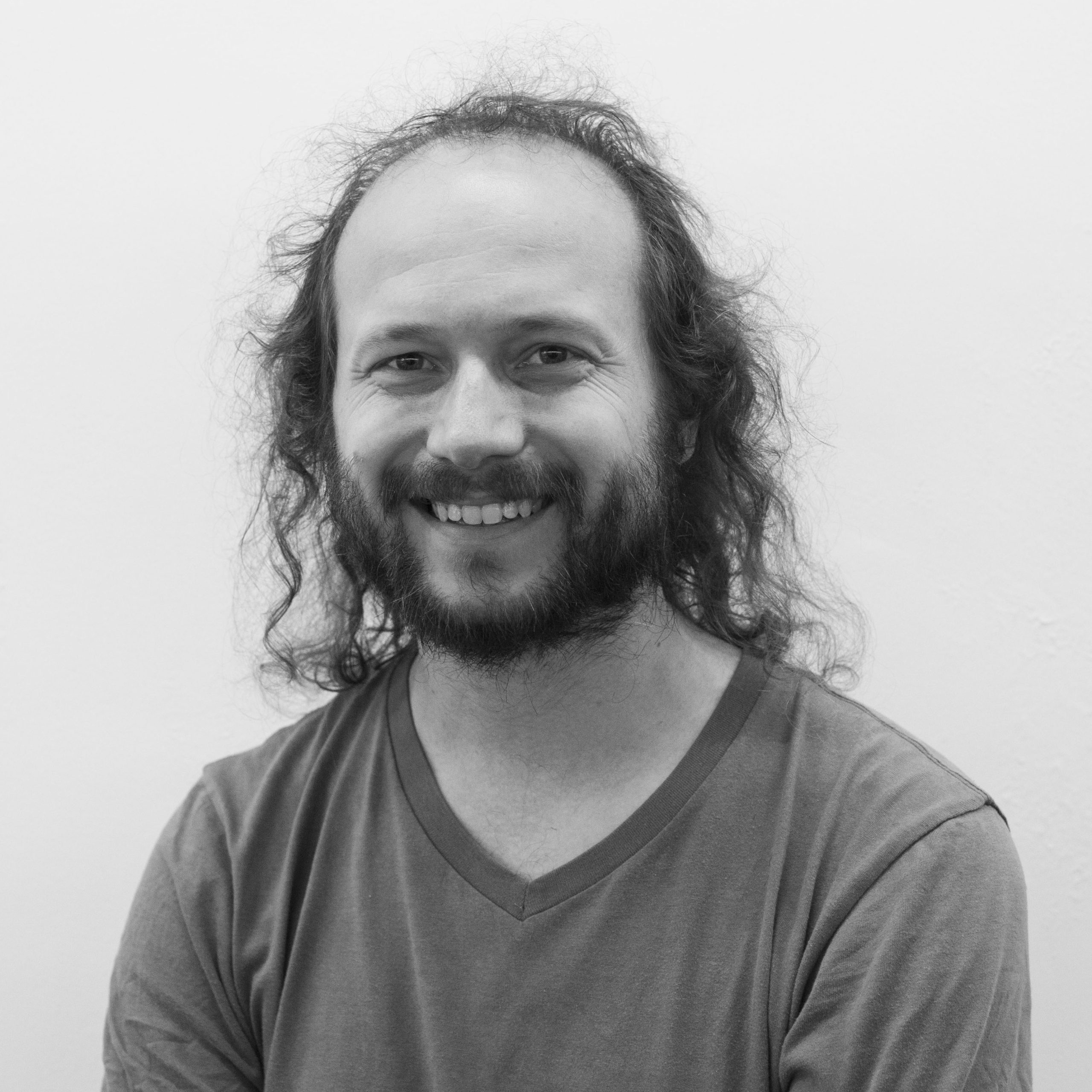
Sebastiaan Loosen
Senior lecturer
sebastiaan.loosen@gta.arch.ethz.ch
Sebastiaan Loosen is senior lecturer and postdoctoral researcher at the Chair of History and Theory of Urban Design. His current research focuses on the 1960-80s agenda of foreign aid and how architecture figured in the knowledge economy fostered by it. This ranges from the role of architectural schools in Europe developing training programs and research projects, to the emergence of new housing paradigms, such as the so-called “sites-and-services” approach. A recent outcome of this research is a co-edited double theme issue of ABE Journal. Architecture Beyond Europe on ‘Architecture in the Foreign Aid-Funded Knowledge Economy’ (2023).
After obtaining degrees in architectural engineering and in philosophy, he completed his doctoral dissertation, Shaping Social Commitment. Architecture and Intellectuality in the 1970s and ’80s, on the formative years of architectural theory in Belgium, investigating the various vantage points from which ‘the social’ was addressed in architectural thought (KU Leuven, 2019). In general, his work revolves around historiographical challenges, social commitment, and the intricacies of a globalizing architectural culture. On these themes, he co-edited for the EAHN’s open access journal Architectural Histories a Special Collection on ‘Marxism and Architectural Theory across the East-West Divide’ as well as an open access volume at Leuven University Press based on the international conference Theory’s History, 196X-199X. Challenges in the Historiography of Architectural Knowledge, held in Brussels, February 2017. From 2020 to 2024, he served on the editorial board of Architectural Histories.
Courses
Seminar Course ‘The City Lived: Sites-and-Services’ (Autumn 2024)
Seminar Week ‘Designing Urban Welfare: Stockholm 1930s-2000s’ (Autumn 2024)
Research Studio ‘Swiss Coloniality and Its Architectures of Knowledge’ (Spring 2024)
Research Studio ‘Swiss Coloniality and Its Industrial Architectures’ (Autumn 2023)
Seminar Week ‘Das Neue Frankfurt’ (Autumn 2023)
Diploma Studio ‘To Adapt + Produce’ (Spring 2023, with Chair of Architecture and Housing, Prof. Maria Conen)
Research Studio ‘Zurich’s Land Commons’ (Autumn 2022)
Seminar Course ‘The City Lived: Sites-and-Services’ (Autumn 2022)
Research Studio ‘Zurich’s Material Commons’ (Spring 2022)
Seminar Week ‘Material Circulation and the City’ (Spring 2022)
Selected Publications as Editor
Sebastiaan Loosen, Erik Sigge & Helena Mattsson, “Architecture in the Foreign Aid-Funded Knowledge Economy”, double theme issue of ABE Journal. Architecture Beyond Europe (Part 1, Summer 2023; Part 2, Winter 2023). doi:10.4000/abe.14412, doi:10.4000/abe.15311.
Sebastiaan Loosen, Rajesh Heynickx & Hilde Heynen, The Figure of Knowledge. Conditioning Architectural Theory, 1960s-1990s (Leuven University Press, 2020).
doi:10.11116/9789461663221.
Hilde Heynen & Sebastiaan Loosen, “Marxism and Architectural Theory across the East-West Divide”, Special Collection of Architectural Histories 6-7 (2018-2019).
doi:10.5334/ah.401.
Selected Publications as Author
Sebastiaan Loosen, Viviana d’Auria & Hilde Heynen, “‘The City as a Housing Project’: Training for Human Settlements at the Leuven PGCHS in the 1970s-1980s”, in: Aggregate (ed.), Architecture in Development. Systems and the Emergence of the Global South (New York: Routledge, 2022), pp. 123-140.
doi:10.4324/9781003193654-9.
Sebastiaan Loosen, “The Challenge of the Poetic: Criticism in Search of the Real – with a Debt to bOb Van Reeth, 1975-1985”, CLARA Architecture/Recherche, no. 7: Critique architecturale et débat public, ed. by Hélène Jannière & Paolo Scrivano (2020), pp. 106-121.
doi:10.3917/clara.007.0106.
Sebastiaan Loosen, “Troubled Dialogues: Intellectuality at a Crossroads at the Carrefour de l’Europe in Brussels”, in: Loosen, Heynickx & Heynen (eds.), The Figure of Knowledge (2020, op. cit.), pp. 127-142.
doi:10.2307/j.ctv16x2c28.8.
Łukasz Stanek, interviewed by Hilde Heynen & Sebastiaan Loosen, “Cold War History beyond the Cold War Discourse: A Conversation with Łukasz Stanek”, Architectural Histories 7 (2019), art. 19, pp. 1-10.
doi:10.5334/ah.435.
Sebastiaan Loosen & Hilde Heynen, “Secularized Engagement in Architecture: Sieg Vlaeminck’s Plea for Woonecologie in 1970s Flanders”, International Journal for History, Culture and Modernity 6 (2018), pp. 1-37.
doi:10.18352/hcm.516.
Sebastiaan Loosen, “‘Le monopole du passéisme’: A Left-Historicist Critique of Late Capitalism in Brussels”, in: Ákos Moravánszky et al. (eds.), East West Central: Re-Building Europe, 1950-1990, vol. 3: Moravánszky & Torsten Lange (eds.), Re-framing Identities: Architecture’s Turn to History, 1970-1990 (Basel: Birkhäuser, 2016), pp. 261-274.
doi:10.1515/9783035608151-017.
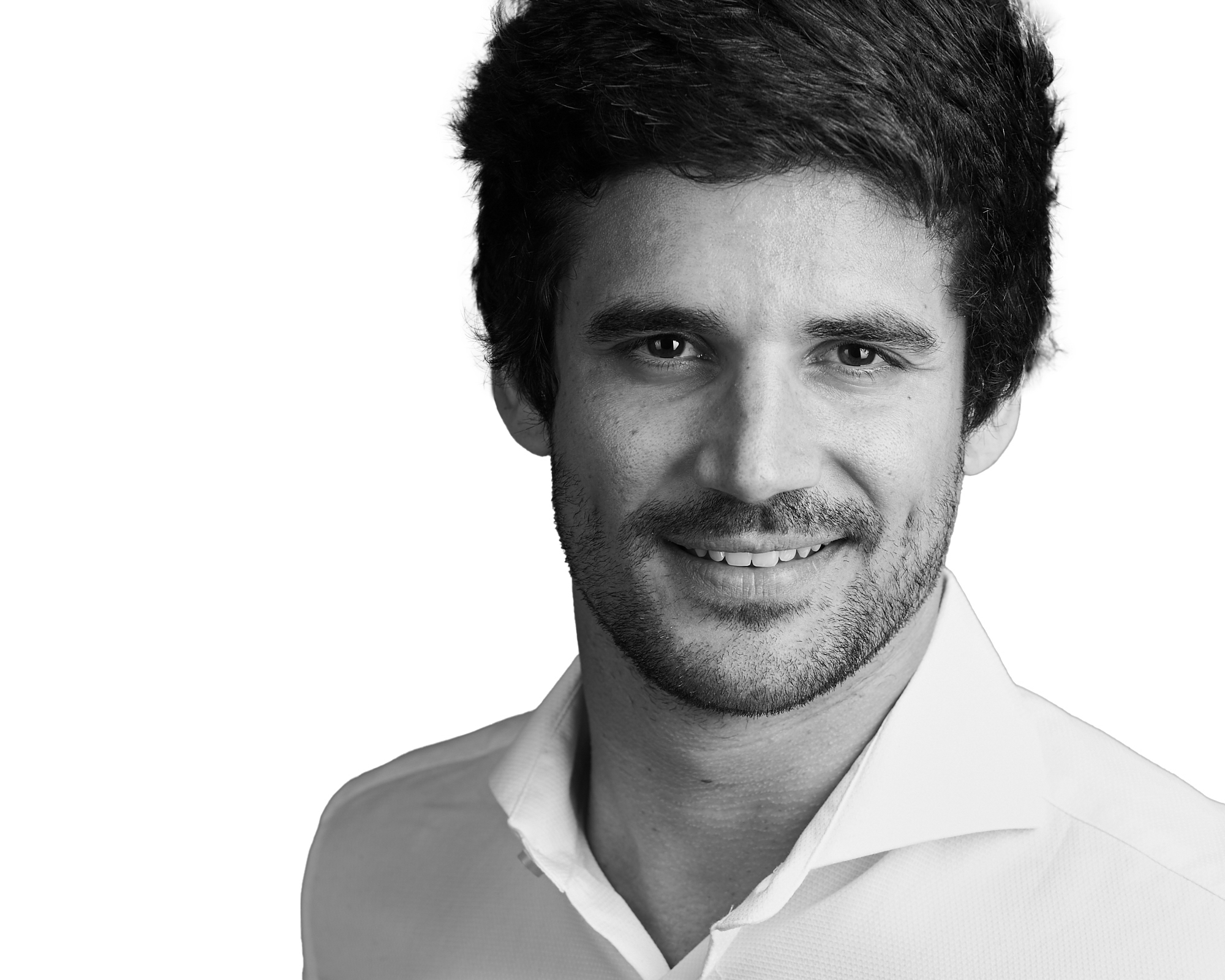
Filipe Lacerda Neto
Filipe Lacerda Neto
Doctoral Candidate
Filipe Lacerda Neto is an architect, researcher, and lecturer. He studied at the University of Beira Interior (UBI), the University of Lisbon (FA-UL), and the Polytechnic University of Madrid (ETSAM-UPM), where he completed a Master’s Degree in Advanced Architectural Projects. He holds a postgraduate degree in Methodologies and Techniques in Research Projects from the University of Algarve (UAlg).
Filipe was a lecturer at the Polytechnic University of Madrid (ETSAM-UPM) between 2015 and 2017, and at the University of Beira Interior (UBI) between 2014 and 2021. He also held several visiting lectureships, including at Mackenzie Presbyterian University, Brazil (FAU-UPM, 2017); Gdansk University of Technology, Poland (WA-GUT, 2018); the University of Valladolid, Spain (ETSAVa, 2019); and the University of Biskra, Algeria (FST, 2019).
Between 2022 and 2024, Filipe was a researcher at the Faculty of Science and Technology (FCT) at the University of Algarve (UAlg), where he collaborated on the ‘INCULTUM – Visiting the Margins: Innovative Cultural Tourism in European Peripheries’ project, which aimed to study the landscape and hydraulic heritage in the Algarve region of Portugal.
Filipe Lacerda Neto has worked in Portugal, Spain, Poland, Brazil, and Mexico, collaborating on numerous architectural and urban projects. He is currently pursuing his PhD at the Institute for the History and Theory of Architecture (gta) at ETH Zurich. He is a contributing member of the Research Center for Architecture, Urbanism, and Design (CIAUD), and the founder of Lacerda Neto Atelier, a studio focused on exploring and materialising ideas in various forms.
Selected Publications as Author
Neto, Filipe Lacerda. “Álvaro Siza – Uneasiness around the right angle”. AIP Conference Proceedings, 2928 (2023): 020015.
https://doi.org/10.1063/5.0170348
Neto, Filipe Lacerda. “Inhabiting the present: The house, the collective dwelling and the city”.
AIP Conference Proceedings, 2574 (2022): 100004.
https://doi.org/10.1063/5.0105915
Neto, Filipe Lacerda. “Careful Urban Renewal in Kreuzberg, Berlin: International Bauausstellung Berlin 1987”. IOP Conference Series: Earth and Environmental Science, 609 (2020): 012022.
http://dx.doi.org/10.1088/1755-1315/609/1/012022
Neto, Filipe Lacerda. “International Bauausstellung Berlin 1987: Spatial and Temporal Context”. IOP Conference Series: Materials Science and Engineering, 960 (2020): 042038.
http://dx.doi.org/10.1088/1757-899x/960/4/042038
Neto, Filipe Lacerda. “Landscape Architecture and Shapes”. IOP Conference Series: Materials Science and Engineering, 603 (2019): 032059.
http://dx.doi.org/10.1088/1757-899x/603/3/032059
Neto, Filipe Lacerda. “Pre-Existence and Project – Álvaro de Campos Municipal Library”. IOP Conference Series: Materials Science and Engineering, 603 (2019): 32058.
http://dx.doi.org/10.1088/1757-899x/603/3/032058
Neto, Filipe Lacerda. “Aesthetic Delirious Urbanism – Rem Koolhaas”. IOP Conference Series: Materials Science and Engineering, 603 (2019): 032057.
http://dx.doi.org/10.1088/1757-899x/603/3/032057
Neto, Filipe Lacerda. “Research for a Language – Alvaro Siza in Berlin”. IOP Conference Series: Materials Science and Engineering, 471 (2019): 082063.
http://dx.doi.org/10.1088/1757-899x/471/8/082063
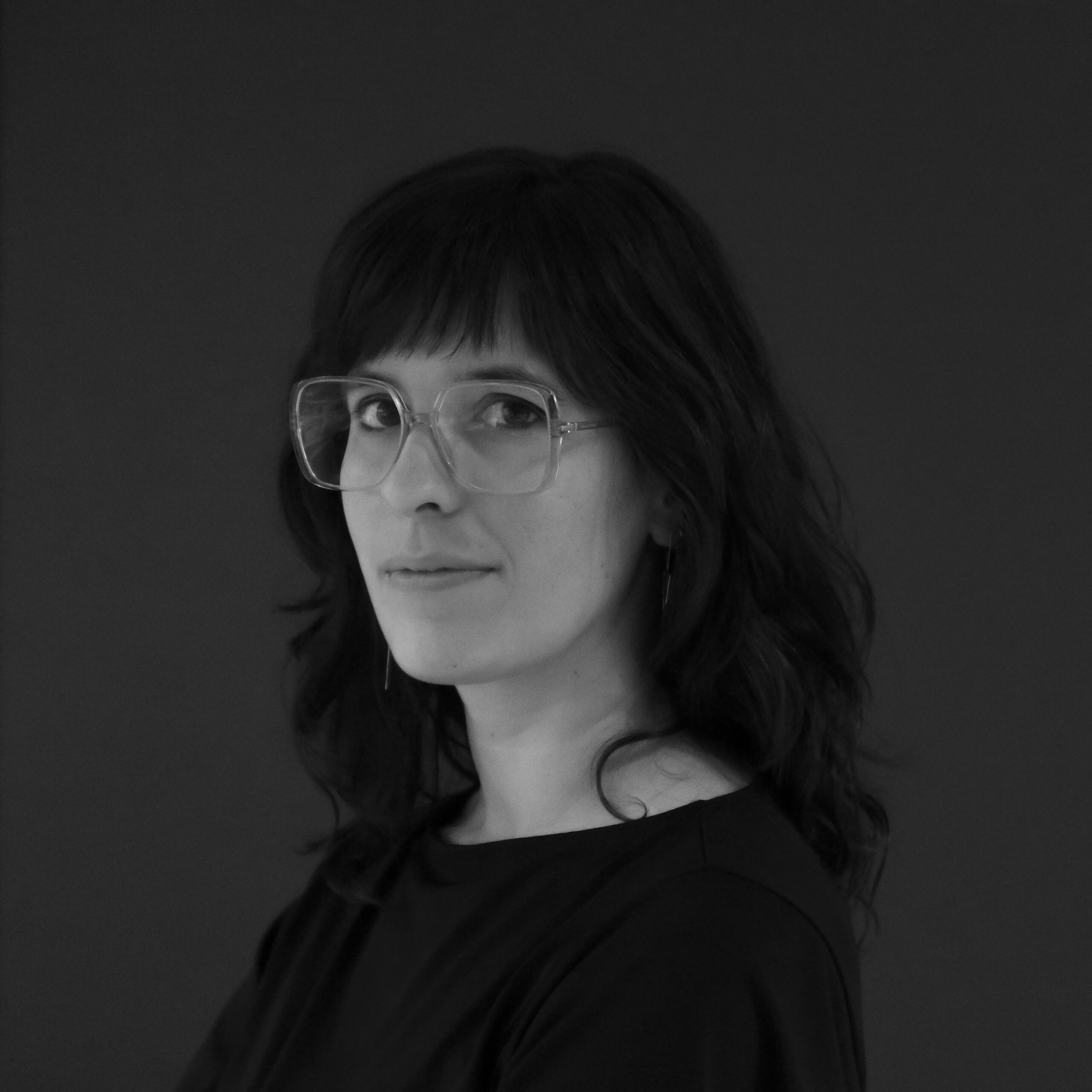
María Novas Ferradás
Senior Lecturer
novasferradas@arch.ethz.ch
María Novas Ferradás is an architect and researcher specialised in exploring the intersections of social and political history and cultural studies with the built environment. She earned a master’s degree in Architecture from the Universidade da Coruña in Galicia, Spain, and holds additional master’s degrees in Applied Research in Gender Studies (UJI) and Urban Regeneration (USC). Her Ph.D. in Architecture from the Universidad de Sevilla analyses the contribution of two women’s organisations and some of the first women architecture graduates in the Netherlands to post-war housing design. With teaching experience at TU Delft and a track record of being invited as a lecturer at international universities and organisations, Novas has published and edited articles and books that delve into how feminist movements have shaped architecture and urban design. Her book Arquitectura y género: una introducción posible (Melusina, 2021) received recognition at the 16th Spanish Architecture and Urbanism Biennial in the Research and Dissemination category. Currently, she works as Senior Lecturer and Scientific Researcher at the Chair of History and Theory of Urban Design at the Institute for the History and Theory of Architecture (gta) at ETH Zurich, Switzerland.
Courses
Core course, History and Theory of Architecture VIII: Global Theories of Urban Design (Spring 2025)
Selected Publications

Cathelijne Nuijsink
Senior lecturer
cathelijne.nuijsink@gta.arch.ethz.ch
Cathelijne Nuijsink holds a BSc and MSc in Architecture from the Delft University of Technology, an MSc in Architecture from the University of Tokyo, and an MA from the University of Pennsylvania. In 2017, she completed a PhD in East Asian Languages and Civilizations at the University of Pennsylvania, USA with the thesis entitled, What is a House? Architects Redesigning the Domestic Sphere in Contemporary Japan, 1995-2011.
Between 2018-2021, Nuijsink was a Horizon 2020-funded Marie Sklodowska-Curie postdoctoral research fellow at the Institute for the History and Theory of Architecture, where she conducted the research project, Architecture as a Cross-Cultural Exchange: The Shinkenchiku Residential Design Competition, 1965-2017 [No. 797002]. Outcomes of the project include the exhibition, Call for Lost Entries: The Shinkenchiku Residential Design Competition, 1965-2020, the online archive www.callforlostentries.com, and a monograph provisionally entitled, Another Historiography: The Shinkenchiku Residential Design Competition, 1965-2020.
During the academic years 2022–2024 Nuijsink was a Postgraduate Associate in The History, Theory and Criticism of Architecture and Art (HTC) program at Massachusetts Institute of Technology (MIT), conducting the SNSF-funded research project Unlocking the “Contact Zone”: Toward a New Historiography of Architecture. Nuijsink was recently awarded an SNSF-return grant for the academic year 2024-2025, allowing her to continue developing her MIT-initiated research project at ETH Zurich.
Her current research engages with the development of new historiographic methods that enable histories of architecture in the latter half of the 20th century to be written in a way that is more inclusive, interdisciplinary, and polyvocal. In this capacity, she is leading the Methods research track of the Chair of the History and Theory of Urban Design.
Courses
History and Theory of Architecture IX – 1990s Theories that Inspired Architecture (Fall 2024)
History and Theory of Architecture XIII – Seen from the South (Spring 2023)
The City in Theory – Her Agency (Spring 2022)
The City Lived – Unlocking a Multidisciplinary Discourse (Fall 2021)
Fachsemester – Green Commons (Spring 2021)
Fachsemester – Water Commons (Fall 2021)
The City Represented – Visions of Urban Living (Spring 2020)
Summer School – The Architecture Competition as Cross-Cultural “Contact Zone” ( Spring 2019)
Seminar Week – The Commons and the Modern Afropolis: Agadir and Casablanca (Spring 2019)
Research
Unlocking the ‘Contact Zone’: Towards a New Historiography of Architecture– Return Phase
(Swiss National Science Foundation Fellowship)
Unlocking the ‘Contact Zone’: Towards a New Historiography of Architecture
(Swiss National Science Foundation Fellowship)
Architecture as Cross-Cultural Exchange: The Shinkenchiku Residential Design Competition 1965-2017
(Horizon 2020 Marie-Sklodowska Curie Fellowship)
Architects Negotiating Domesticity: Cross-Cultural Explorations of “House” and “Home”
(Benjamin Franklin Fellowship)
Selected Publications
Nuijsink, Cathelijne and Annamaria Bonzanigo. “Humanitarian Aid as Global Governance: The Architecture of the Red Cross’s Relief Operations after the 1976 Guatemala Earthquake.” Architectural Theory Review, vol. 27, vol.27, no. 1, 2023.
https://doi.org/10.1080/13264826.2023.2228940
Nuijsink, Cathelijne. “The Contact Zone of Agadir’s Emergency Operations.” Agadir: Building the Modern Afropolis. Eds. Tom Avermaete and Maxime Zaugg. Park Books, 2022. 69–84.
Nuijsink, Cathelijne. “Rem Koolhaas’ House with No Style: The 1992 Shinkenchiku Residential Design Competition Forging a ‘Space of Ideas’.” The Hybrid Practitioner: Building, Teaching, Researching Architecture. Eds. Caroline Voet, Eireen Schreurs and Helen Thomas. KU Leuven Press, 2022. 249–60.
https://www.jstor.org/stable/j.ctv2vt0209.23
Avermaete, Tom, and Cathelijne Nuijsink. “An Architecture Culture of ‘Contact Zones’: Prospects for an Alternative Historiography of Modernism.” Rethinking Global Modernism: Architectural Historiography and the Postcolonial. Eds. Vikramaditya Prakash, Maristella Casciato and Daniel E. Coslett. Routledge, 2022. 103–19.
https://doi.org/10.4324/9781003120209-9
Nuijsink, Cathelijne. “Negotiating Comfort in the Metropolis: Peter Cook, Toyo Ito and the Shinkenchiku Residential Design Competition, 1977 and 1988.” Abe Journal, vol. 10, no. 18, 2021.
http://doi.org/10.4000/abe.10444
Avermaete, Tom, and Cathelijne Nuijsink. “Architectural Contact Zones: Another Way to Write Global Histories of the Post-War Period?” Architectural Theory Review, vol. 25, no. 3, 2021: pp.350–61.
https://doi.org/10.1080/13264826.2021.1939745
Nuijsink, Cathelijne. “Multiple Authorship: The Collaborative Production of Knowledge in the Shinkenchiku Residential Design Competition (1965–2020).” Revista de Arquitectura, vol. 23, 2021: pp. 174–89.
https://doi.org/10.15581/014.23.174-189
Nuijsink, Cathelijne, and Momoyo Kaijima. “Timber Behavoriology.” Architectural Theory Review, vol. 25, no. 1–2, 2021: pp. 136–51.
https://doi.org/10.1080/13264826.2021.1971832
Nuijsink, Cathelijne. “From ‘Container’ to ‘Lifestyle:’ Kazuyo Sejima, Sou Fujimoto and the Destruction of the Nuclear Family Box.” Interiors: Design/Architecture/Culture, vol. 11, no. 2/3, 2021: pp. 132–56.
https://doi.org/10.1080/20419112.2021.1943190
Nuijsink, Cathelijne. “A House for Everyone: Challenging the Post-war Myth of ‘The House for the Nuclear Family’ in Japan, 1954–2005.” Activism at Home: Architects Dwelling between Politics, Aesthetics and Resistance. Eds. Isabelle Doucet and Janina Gosseye. Jovis, 2021. 74–85.
https://doi.org/10.3929/ethz-b-000520064
Nuijsink, Cathelijne. “An Architects’ Response to Natural Disasters: Shared Living and Bottom-Up Community Building in Japan.” Nordic Journal of Architectural Research, vol. 33, no. 3, 2021: pp. 13–34.
https://www.research-collection.ethz.ch/handle/20.500.11850/532919
Co-Chair Conferences
Session Co-Chair (together with Frida Grahn). “Female Agency in Practice: Strategies, Tactics, and Maneuvers,” Society of Architectural Historians (SAH) 2025 Atlanta, April 30–May 4, 2025
Session Co-Chair (together with Tom Avermaete). “Forging “Crossed Histories” of Twentieth-Century Architecture and Urban Design,” European Architectural History Network (EAHN) Conference 2024 Athens, 19-23 June 2024.
Session Co-Chair (together with Fatina Abreek-Zubiedat). “Writing Alternative Histories of Disaster Relief: Architecture and Humanitarianism,” Society of Architectural Historians (SAH) 2023 Annual International Conference Montréal, April 12–16, 2023
Exhibitions
Curator/Producer. “Call for Lost Entries: The Shinkenchiku Residential Design Competition, 1965-2020,” gta Exhibitions Zürich, 3 November- 10 December 2022.
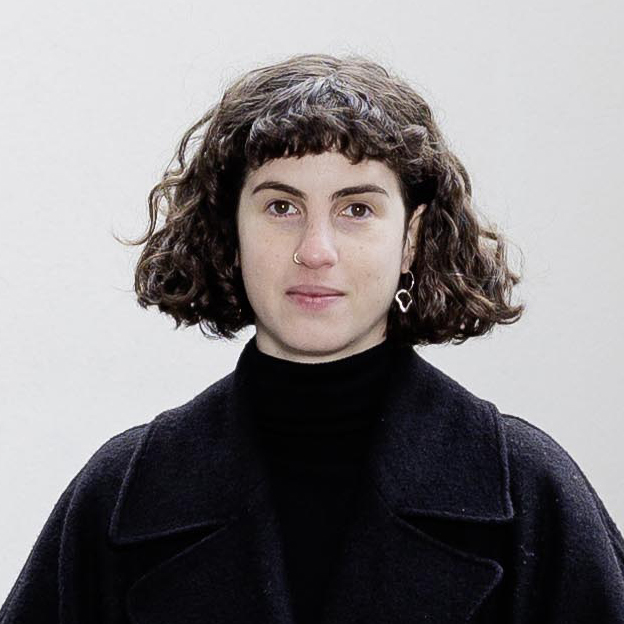
Meitar Tewel
Doctoral Candidate tewel@arch.ethz.ch
Meitar Tewel is a gta Doctoral Fellow at the Chair of the History and Theory of Urban Design, and a Rothschild Foundation Hanadiv Europe Doctoral Fellow (2024-2027). After completing her Master’s in Architecture from Delft University of Technology in 2023, she worked as an independent designer, curator, researcher and educator in the Netherlands and Germany. Her Master’s thesis work, ‘Neualtland’, was presented in a solo exhibition in Frankfurt am Main in April 2023 and is now part of Frankfurt’s Jewish Museum collection. Her doctoral research, under Prof. Dr. Tom Avermaete (ETH Zürich) and Prof. Dr. Janina Gosseye’s (TU Delft) supervision, concerns buildings and urban fabrics built on former Jewish sites in post-World War II Germany. Combining conventional and experimental modes of knowledge production, the project explores the potential of architectural practice to reclaim overlooked histories.
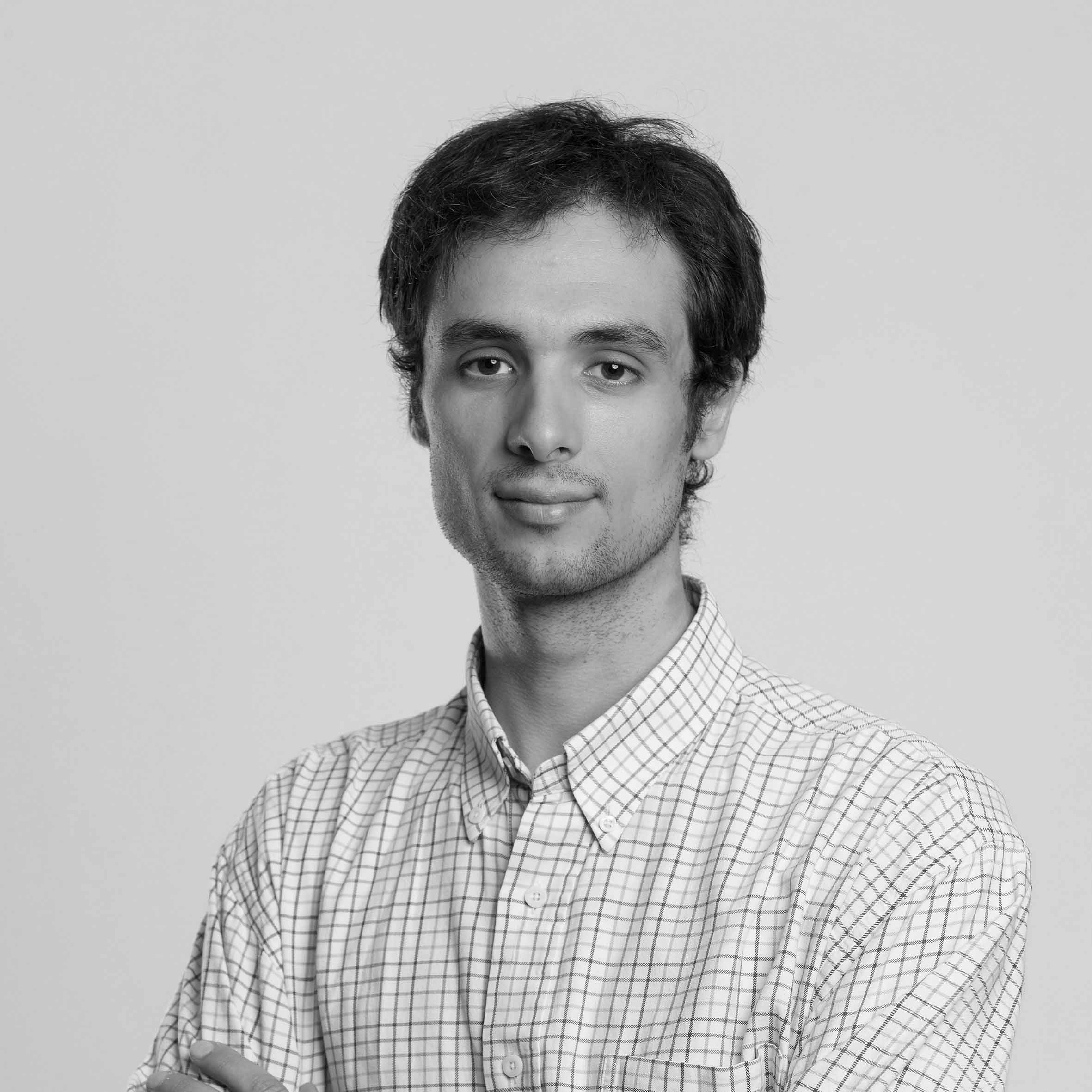
Jacopo Zani
Doctoral Candidate
Jacopo Zani is a PhD fellow at the Institute of Landscape and Urban Studies (LUS) at ETH Zurich since 2022. His research work retraces the contested forms of displacement shaping urban spaces in (post-)extraction territories, with a focus on Italian migration to the coal mining settlements of postwar Belgium.
Student Assistants
- Pierre Eichmeyer
- Mona Lecoultre
- Arianna Melchiorri
- Melanie Kofler
Former Members
- Dr. Fatina Abreek-Zubiedat (Post Doc)
- Annamaria Bonzanigo (Scientific Assistant)
- Dr. Marianna Charitonidou (Post Doc)
- Dr. Irina Davidovici (Scientific Assistant)
- Maaike Goedkoop (Scientific Assistant)
- Luca Okay Can (Scientific Assistant)
- Dr. Hans Teerds (Senior Lecturer)
- Maxime Zaugg (PhD)
- Dr. Laura Trazic (Scientific Assistant)
- Sara Frikech (Doctoral Candidate)
- Dr. Janina Gosseye (Oberassistentin)
- Dr. Ruth Hanisch (Scientific Assistant)
- Niloofar Rasooli (PhD)
- Dr. Léa-Catherine Szacka (Visiting Scholar)
- Dr. Nadi Abusaada (Post Doc)
- Thomas Chapman (PhD)
- Hamish Lonergan (PhD)
- Sereina Fritsche (Student Assistant)
- Dr. Korinna Zinovia Weber (Scientific Assistant)
- Maryia Rusak (PhD)
Administation
Antonella Vigliotti